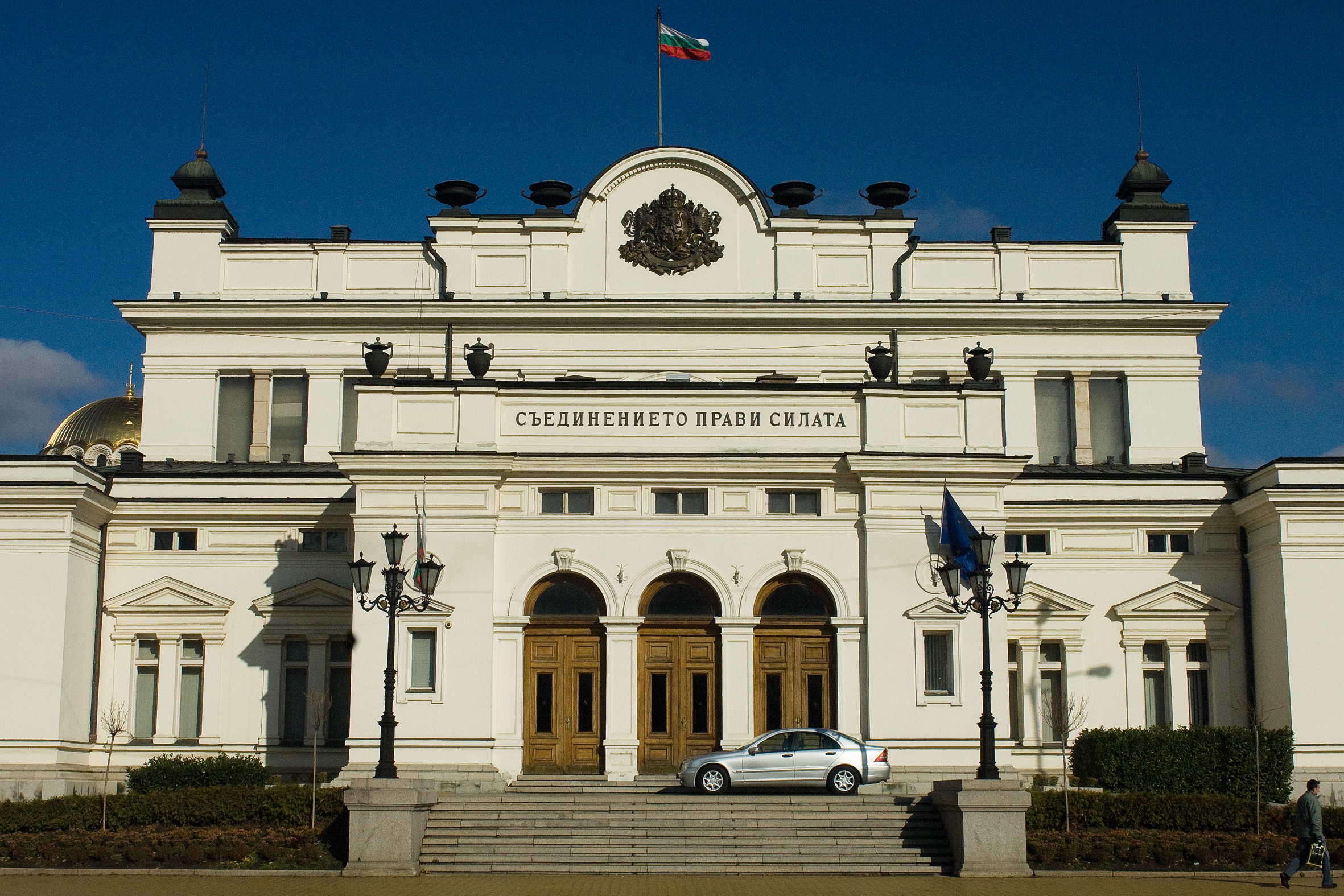Policy Brief: The fight against corruption in Bulgaria should result with convictions in high-level corruption cases, European Western Balkans (EWB), 10 December 2021
VIENNA – Negative Bulgarian transition from postcommunism to post-democracy expressed in the transition from corruption to endemic corruption and state capture, it was said in the Policy Brief „State Capture versus Contestatory Citizenship in Bulgaria“, published within the WB2EU Network.
The Policy Brief objective is to analyze the current heated political debate on rule of law and justice in Bulgaria and to conceptualize the political transformations that make giant corruption scandals.
The three-part brief aims to unravel the story behind the problematic rule of law in Bulgaria is facing today in comparison with earlier stages of the country’s democratization as well as the role of civil society mobilization regarding rule of law and justice alongside with three-pole model of state capture.
“The national-populist transformation in Bulgaria has still not crystallized into an illiberal democratic project”, Policy Brief said.
According to the author, the post-.democracy is understood in the vein as a regime in which there are democratic institutions but the are empty shells – stripped of the function to serve the public interest, they have been subordinated to private interests, and at the centre of this transformation is state capture.
“The Rule of law Index for 2017 and 2018 shows that Bulgaria, alongside Hungary, has the lowest score regarding rule of law among the EU member states which explains the backsliding and deteriorating of democracy. If the key actors of the first democratic revolution were the elites, in the second it was the citizens who took the democratic project into their own hands, striving to refund democracy”, the author assessed.
How did the mobilization of anti-corruption civic society from the “contestatory civil ethos”?
The Policy Brief recalled that Bulgaria faced the biggest protest in its contemporary history starting in June 2013, triggered by the investiture of controversial media mogul Delyan Peevski as a Head of State Agency for National Security.
“In total, the protests lasted for 400 days, they did not achieve the government change, however, the protest became mass social movements that have ‚left the virtual world and flood the public squares‘ and formed contestatory civil method, the ‚immune system‘ of democracy”, the author said.
Policy Brief added that the civic movement and the protest have also taken place in 2020.
The protesters, as the author assesses, have introduced three new ways of civic engagement into the political temporality, such as the Formation of a new generation of contestatory citizens; building a political culture of activism for making the elites accountable, and defining the political temporality not as a continuation of the post-democratic status quo, but as a future and change.
The author recommended that “the fight against corruption in Bulgaria should result in a solid track-record of final convictions in high-level corruption cases, meeting the expectations of active citizenship and increasing trust in institutions”.
Furthermore, “national legislation, court case-law, and political practice should envisage mechanisms for responding to international reports of large-scale corruption such as those under the Magnitsky Act”.
In addition, the author assesses that “raising the awareness of citizens and the business community about the effects of (the lack of) reforms in the judiciary” is of crucial importance.
The policy brief is published in the framework of the WB2EU Project, which aims at the establishment of a network of renowned think-thanks, universities, higher education institutes, and policy centers in the Western Balkans, neighboring countries, and EU member states that will be most decisive for the enlargement process and Europeanisation of the region in the upcoming years. The WB2EU project is co-funded by the European Commission under its Erasmus+ Jean Monnet programme.
Photographer: Frederic Stevens
© European Union, 2021
Source: EC – Audiovisual Service


